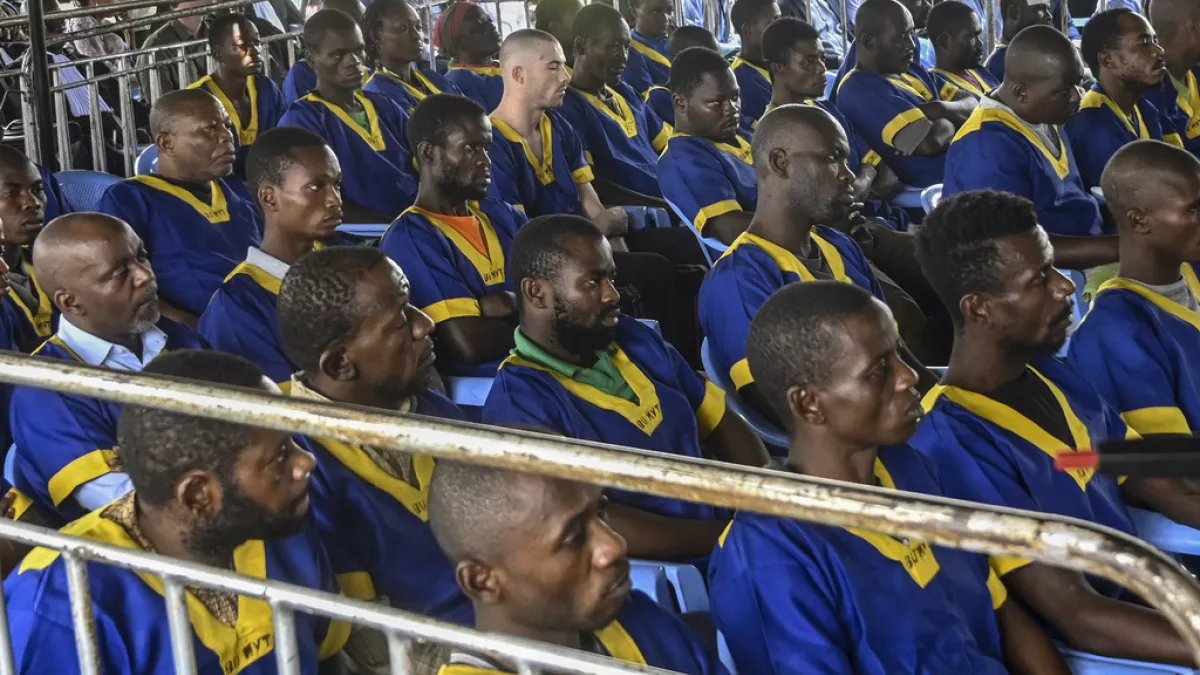
The National Episcopal Conference of Congo (CENCO) has issued a powerful condemnation of the death penalty and the recent sentence against former President Joseph Kabila, calling for inclusive dialogue to preserve national unity.
In a statement released on Monday, October 6, the Catholic bishops of the Democratic Republic of Congo emphasized the sanctity of human life and warned of the dangers posed by the resumption of capital punishment after a two-decade moratorium.
Titled “God alone is the author of life, and he alone has authority over its beginning and its end,” the message opens with a fundamental biblical reminder: “Thou shalt not kill.”
The bishops described the death penalty as “a failure for a community worthy of the name” and as an affront to the dignity of the human person created in the image of God.
They highlighted that executing a condemned individual violates a right protected under the Congolese Constitution, which enshrines life as a fundamental human right.
CENCO expressed horror at the sentence against Kabila, describing the trial as “hasty” and cautioning that such a verdict risks deepening political polarization in a nation already weakened by ongoing conflicts in the east and persistent mistrust in Kinshasa.
The bishops urged political actors to prioritise solutions that strengthen national cohesion rather than settling personal or partisan scores.
“Considering the concern raised by the ruling of the High Military Court and the urgent need to strengthen national cohesion, we reiterate our call to seek political solutions,” the bishops wrote.
They stressed that lasting peace in the DRC requires inclusive dialogue involving the government, opposition, civil society, and armed groups.
CENCO welcomed international support but warned that external efforts will be ineffective unless Congolese stakeholders respect agreements and prioritise peace over partisan interests.
In a pointed moral appeal, the Church denounced the “culture of death” and the logic of revenge, urging leaders and citizens alike to confront the root causes of conflict to prevent further fragmentation of the country.
The statement concluded with a prayer: “May the Virgin Mary, Our Lady of the Congo, obtain for us divine mercy and peace,” reinforcing the Church’s role as a mediator and moral voice in a nation at a critical crossroads.
This intervention by CENCO underscores the continued influence of the Catholic Church in the DRC, advocating for justice tempered by mercy and political prudence amid a fraught national climate.



